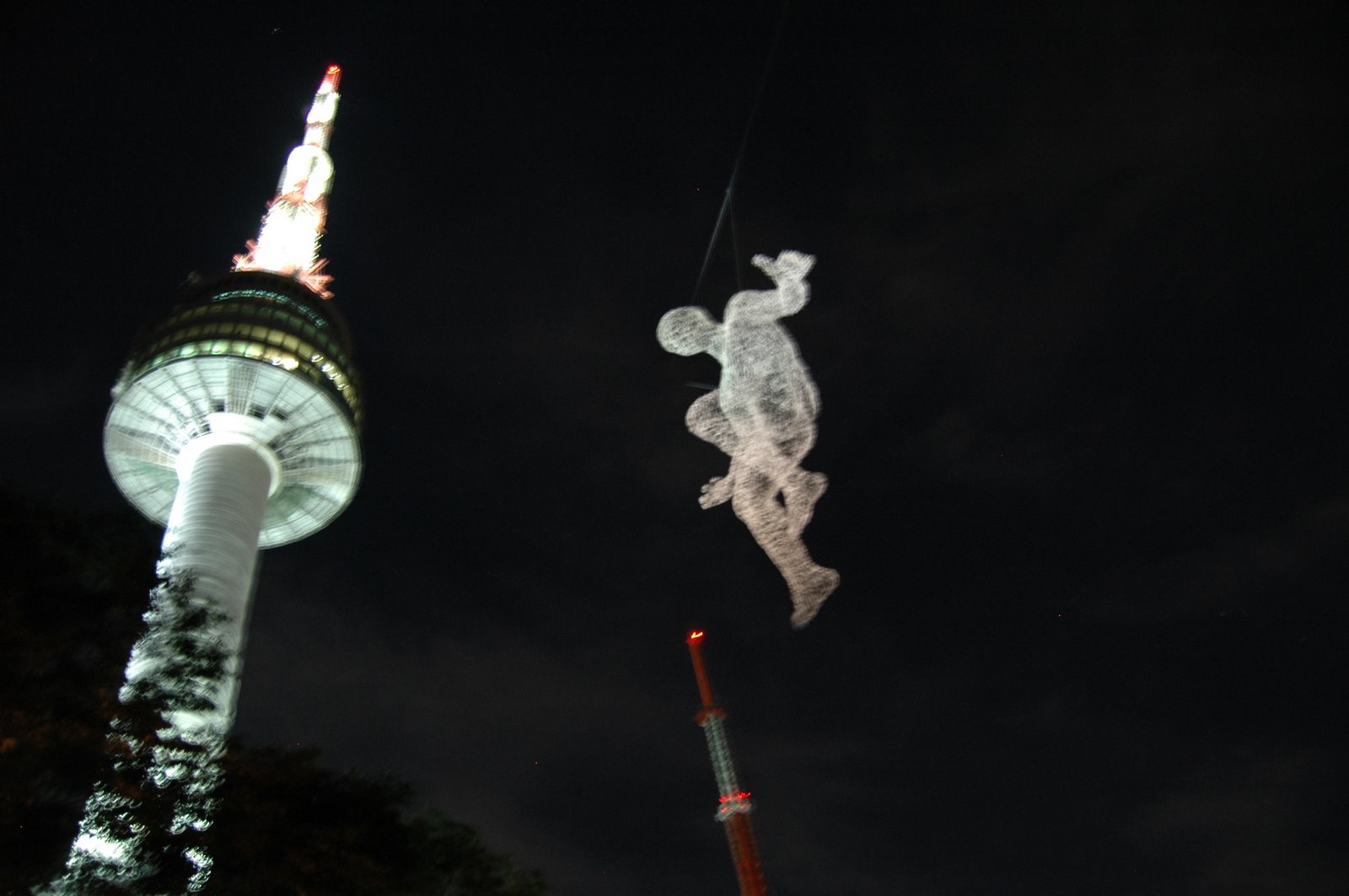
"The Road"
By Cormac McCarthy
In Cormac McCarthy's masterpiece "The Road," the earth has undergone an unnamed disaster that has left the ground scorched and covered in ash. The rivers and oceans are ruined with contamination. When it snows, the trees, weakened by fire, splinter and fall to the ground.
There are survivors and they live in desperate terror. A father and his son are of the few left alive.
McCarthy never explains the cause of the condition of the world. In fact, there is little back-story given at all.
In a rare flashback sequence, the reader learns the wife and mother of the men survived the devastation but could not bear the aftermath. The fear of living in a world of civilization reverted to barbarian savagery proved too much. She took her own life rather than face what was left.
So then it is just the man and his son left on the road and they are headed to the coast.
McCarthy is one of the best American writers we have. His body of work owes much to William Faulkner. But where Faulkner wrote of the South, much of McCarthy's work is set in the American West.
Some have speculated that "The Road" happens in the southeastern
Regardless, McCarthy has become masterful in his writing. The narrative is a fragmented mosaic of well-wrought scenes. McCarthy said he wrote the book for his son, and that is where the essential value of the story lies.
Often the two have no food or shelter as they push a shopping cart full of their meager belongings across the wasteland. They encounter gruesome scenes of cannibalism that shake the boy's faith. He sometimes goes silent, but the father coaxes him back, reminding him that they are the good guys, that they "carry the fire."
As in Alfonso Cuaron's film "Children of Men," the story is of a dystopian future. Like those in the film chasing the last fertile woman on earth, gangs of men and women have banded together to prey on the remaining survivors.
To avoid becoming food the father and son sleep in the forest, under bridges, and in abandoned houses. They carry a pistol with two bullets left in the chamber, one for each of them lest they are caught.
Despite the bleak undertones they hold out hope that when they get to the coast there will be good people there. On their way they must be vigilant and always watch behind them.
Huddled and black-cloaked men and women shuffle down the road. They are surrounded on all sides by white and gray trees. Gray-white hills roll under the path and trees. It is dark, stark and cold.
If it seems as though this review is heavy on the coloring of McCarthy's landscape, that is because the sense of place is remarkably well-crafted and artfully performed. He weaves the feeling of this ravaged world into the characters without long, descriptive exposition.
Rather, he writes in clean, stripped-down prose, knowing that the most effective writing is simple writing. What matters most is how fully-realized the novel is and "The Road" is rich in detail and character.
From the onset of the novel the world smolders and smokes. You can smell the oil and wood burning. You see it through the eyes of the son and hear it in the warnings from the father.
The love the father has for his son peers dimly out into all this darkness. The boy, who might be around 8 years old, starves sometimes, growing so thin his skin becomes translucent.
Even in the grip of their desperation the father continues to instruct him, as well as protect him from the horrors they see on the road.
In the beginning of the book he reminds him that you forget the things you want to remember and cannot forget the things you wish you could. They encounter a lot they wish they could forget.
But somehow, and this is the great feat of the novel, McCarthy leaves the reader hopeful. There is not a clean resolution -- a story like this would be cheapened by one -- but in the end there is a little good in the vast sea of evil.





No comments:
Post a Comment